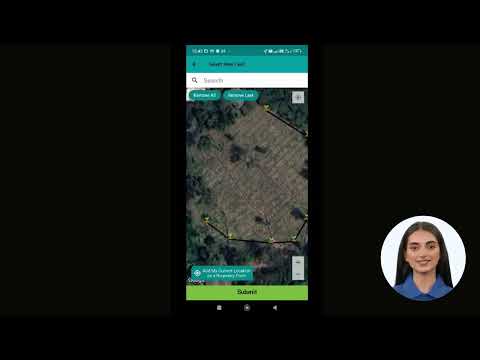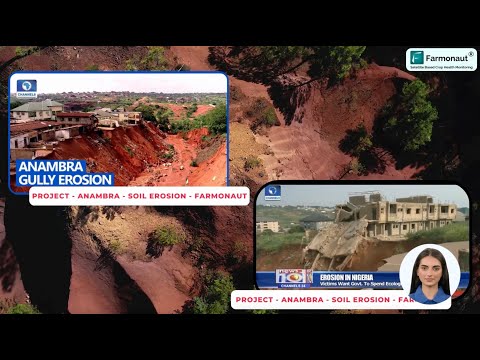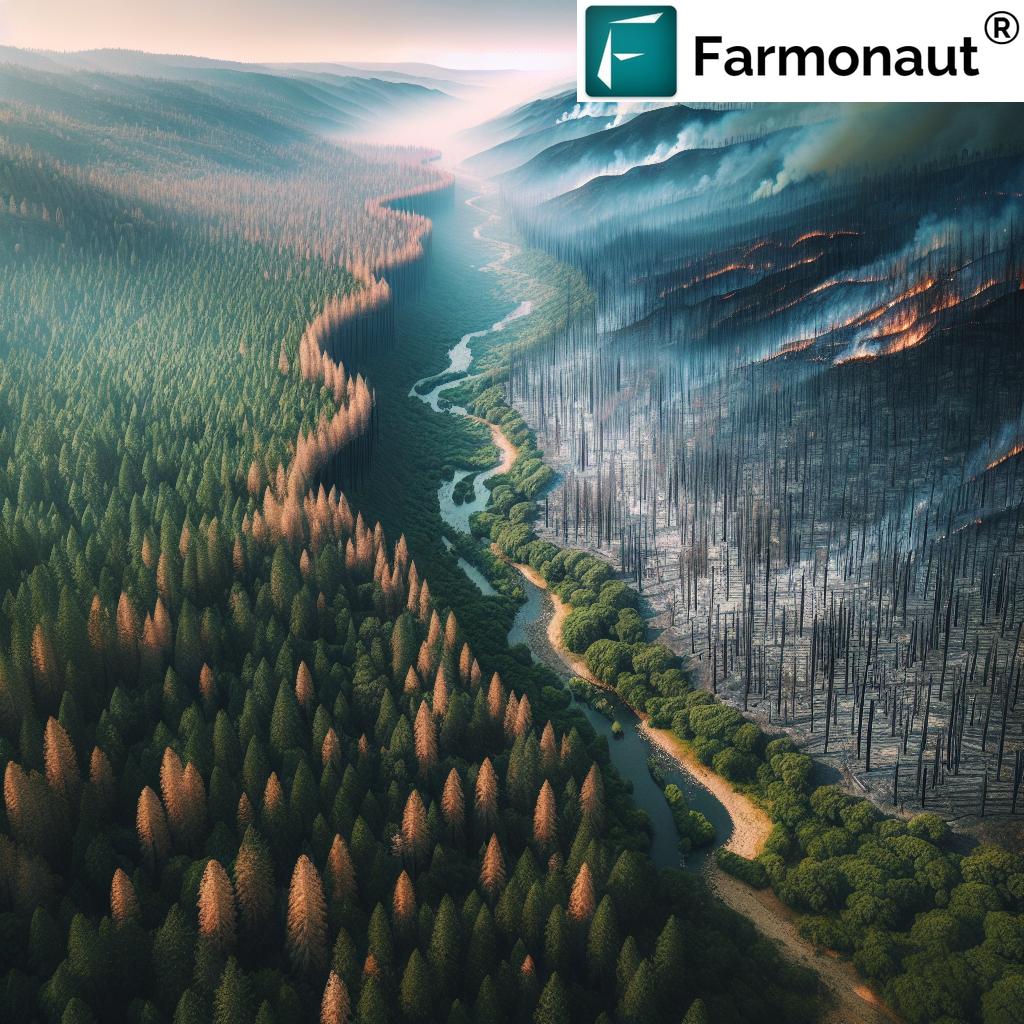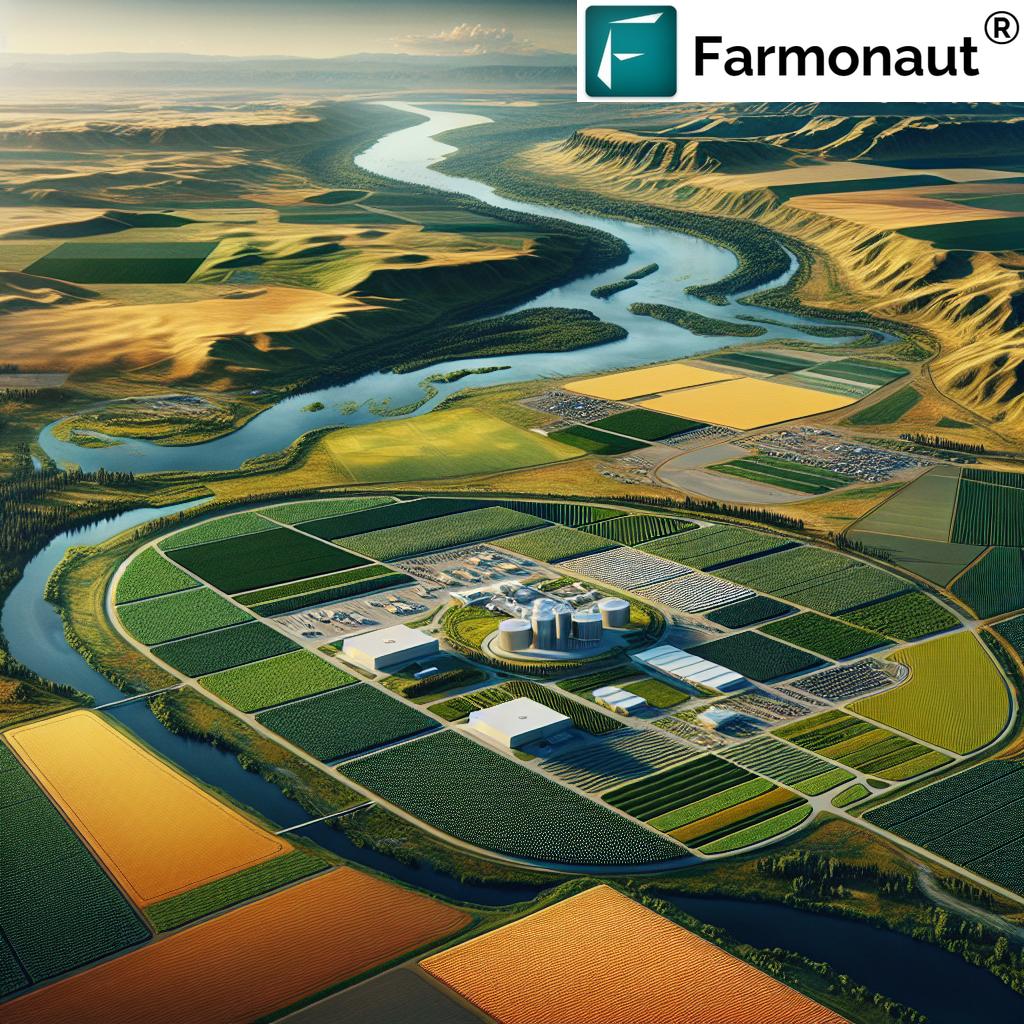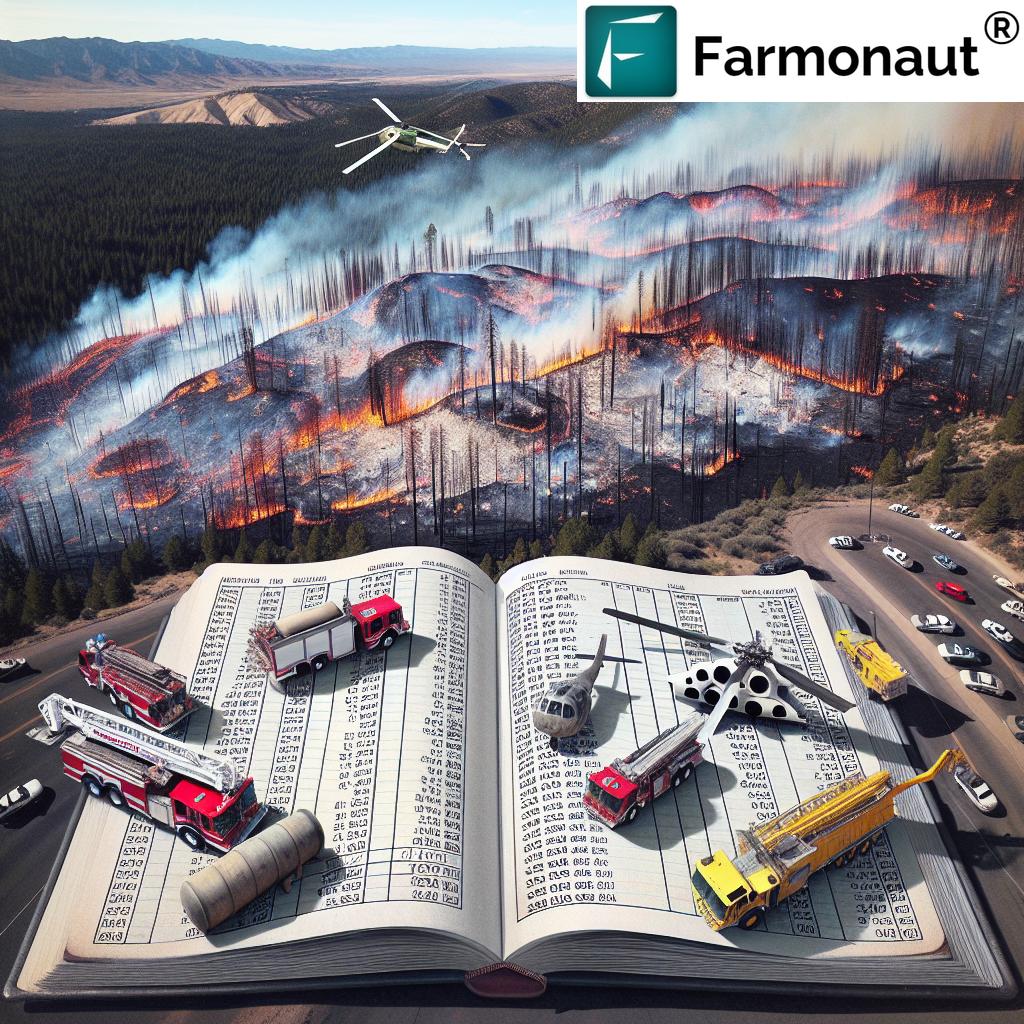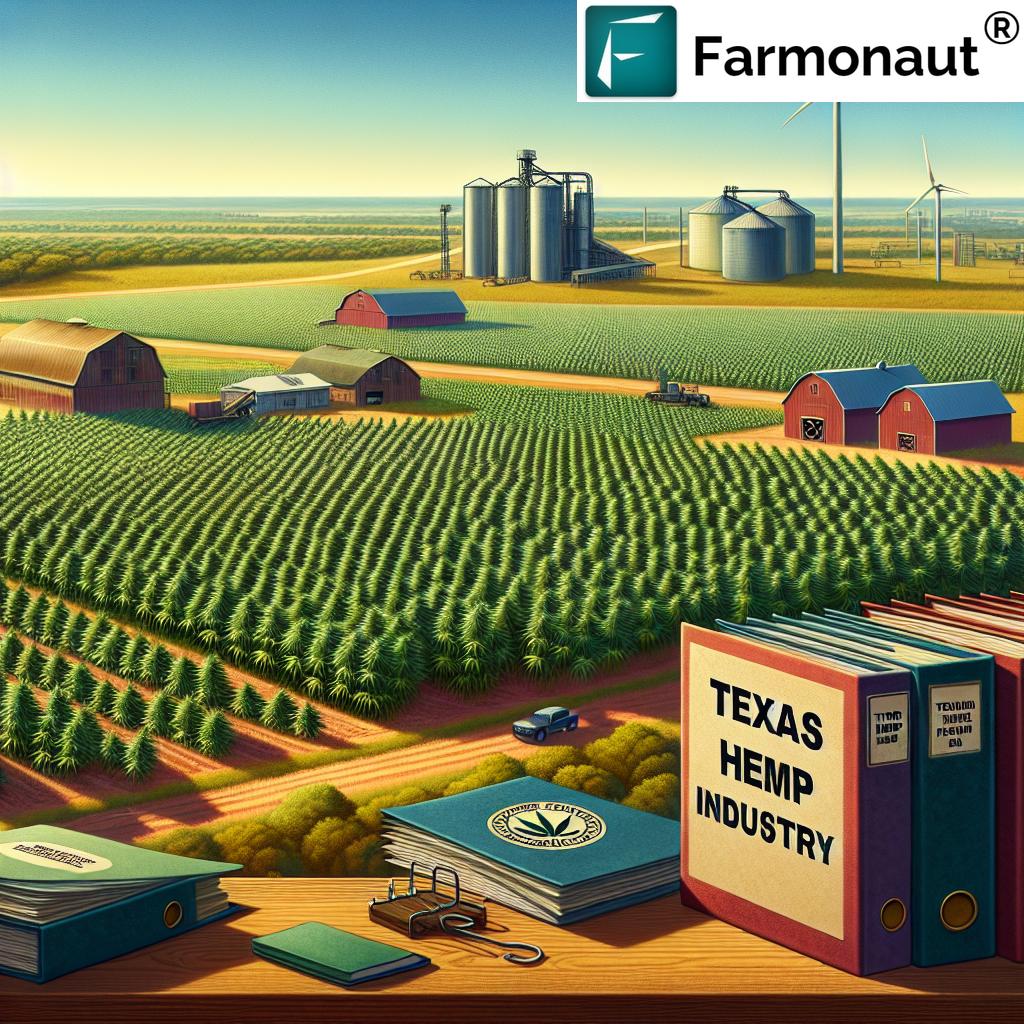Inspiring Albuquerque’s Urban Forest: How Field Technicians Nurture the Bosque Ecosystem
“Albuquerque’s all-female field technician team maintains 4,200 acres of urban forest, preserving a unique bosque ecosystem.”
Welcome to the heart of Albuquerque’s urban oasis – the bosque. As we delve into the inspiring world of bosque ecosystem management, we’ll uncover the tireless efforts of an exceptional all-female field technician team that’s making waves in urban forest conservation. Their dedication to preserving this unique ecosystem showcases the importance of conservation in bustling city environments.
Join us as we explore the intricate work these technicians perform, from bird monitoring to soil sampling, and discover how their efforts ensure that our community can enjoy the delicate balance of nature within our urban landscape.

The Bosque: Albuquerque’s Green Lifeline
The bosque, spanning an impressive 4,200 acres along the Rio Grande, is more than just a stretch of trees – it’s the lungs of our city. This urban forest serves as a critical habitat for countless species and provides invaluable ecosystem services to our community. As field technicians, we have the privilege of being the caretakers of this natural treasure.
Our work in urban wildlife habitat restoration is crucial for maintaining the delicate balance of this ecosystem. By focusing on preserving and enhancing the bosque, we’re not just protecting nature; we’re safeguarding a vital resource that benefits both wildlife and humans alike.
Meet the All-Female Field Technician Team
We are a dedicated group of young women who have taken on the responsibility of maintaining and nurturing the bosque ecosystem. Our team consists of:
- Maura Hearn
- Lauren Urenda
- Elena Rosales
- Our lead biologist
Together, we tackle the enormous task of managing 4,200 acres of urban forest. Our diverse backgrounds and shared passion for environmental conservation make us a formidable force in the field of natural area management.
A Day in the Life of a Bosque Field Technician
Our work in the bosque is as varied as the ecosystem itself. On any given day, we might find ourselves engaged in:
- Bird monitoring in urban forests
- Soil sampling in nature preserves
- Trail maintenance techniques
- Reseeding native plants
- General ecosystem health assessments
These activities are crucial for maintaining the health and biodiversity of the bosque. Let’s take a closer look at some of our key responsibilities:
Bird Monitoring: The Pulse of the Ecosystem
Birds are excellent indicators of ecosystem health. Our team conducts regular surveys to monitor bird populations, tracking both resident and migratory species. This data helps us understand how changes in the environment affect wildlife and guides our conservation efforts.
For those interested in learning more about ecosystem monitoring techniques, Farmonaut’s crop plantation and forest advisory services offer valuable insights into using technology for environmental management.
Soil Sampling: The Foundation of Forest Health
Healthy soil is the backbone of a thriving forest. We regularly collect and analyze soil samples to assess nutrient levels, pH, and organic matter content. This information is crucial for understanding the bosque’s overall health and helps us make informed decisions about restoration and management strategies.
Trail Maintenance: Balancing Access and Conservation
Maintaining trails is a delicate balance between providing public access and protecting sensitive habitats. Our team works diligently to ensure trails are safe and accessible while minimizing impact on the surrounding ecosystem. This includes repairing erosion, removing invasive species, and installing educational signage.
Native Plant Reseeding: Restoring the Bosque’s Natural Beauty
Reintroducing native plants is crucial for restoring the bosque’s natural biodiversity. We carefully select and plant species that are indigenous to the area, helping to crowd out invasive plants and provide food and shelter for local wildlife.
“The bosque ecosystem in Albuquerque showcases intricate interactions between bugs, birds, and trees within a bustling city environment.”
Challenges and Triumphs in Urban Forest Conservation
Working in urban forest conservation comes with its unique set of challenges. As field technicians, we often find ourselves navigating the delicate balance between urban development and ecological preservation. Some of the challenges we face include:
- Combating the spread of invasive species
- Mitigating the effects of climate change on the ecosystem
- Managing human impact on sensitive habitats
- Securing funding for long-term conservation projects
Despite these challenges, our team remains committed to the cause. We’ve seen firsthand the positive impact of our work, from the return of native bird species to the successful establishment of new plant communities.
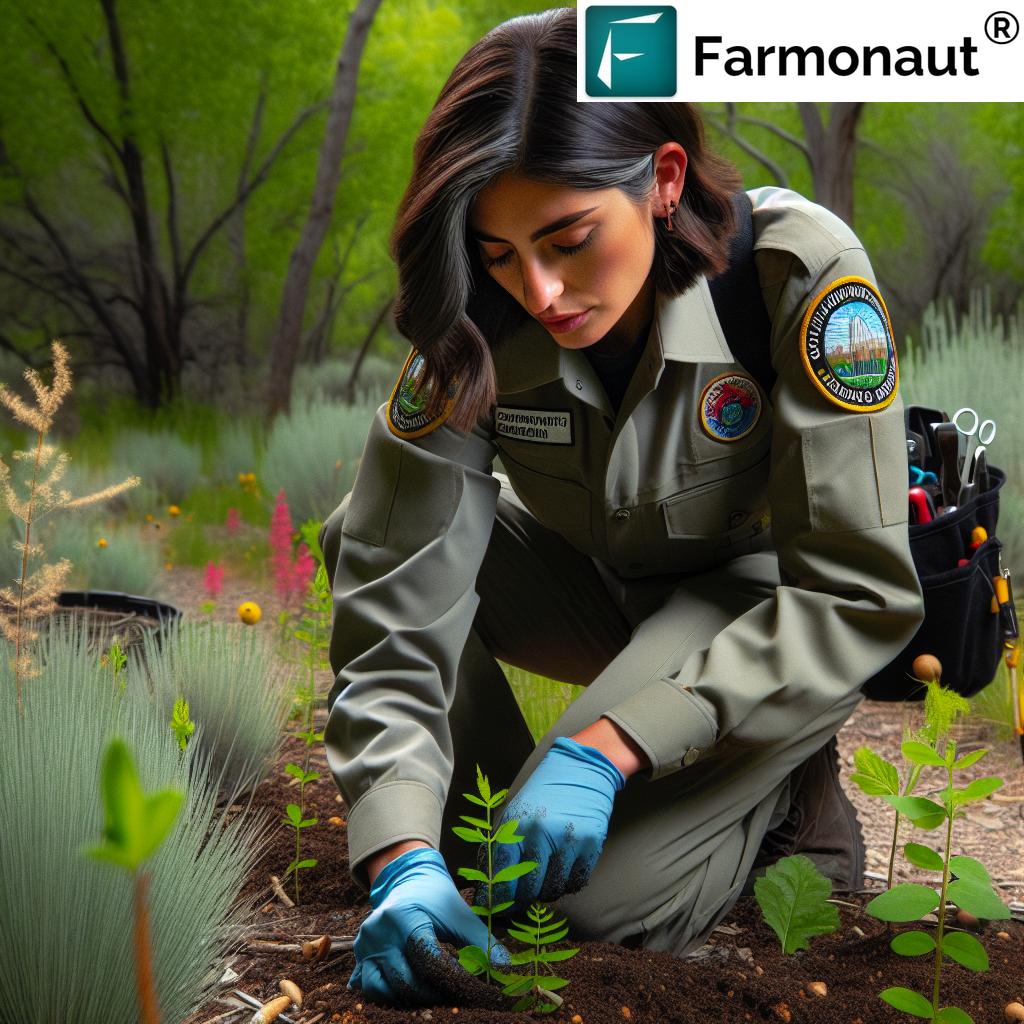
The Importance of Technology in Ecosystem Management
In our work as field technicians, we increasingly rely on technology to enhance our conservation efforts. Tools like GPS mapping, remote sensing, and data analysis software help us work more efficiently and make more informed decisions.
For instance, platforms like Farmonaut’s carbon footprinting service can be invaluable in understanding and reducing the environmental impact of urban areas on nearby ecosystems like the bosque.
Community Engagement and Education
A crucial aspect of our work involves engaging with the local community. We believe that fostering a connection between people and nature is key to long-term conservation success. Our team regularly organizes:
- Educational workshops
- Guided nature walks
- Volunteer planting events
- Citizen science programs
These initiatives not only help us in our conservation efforts but also inspire the next generation of environmental stewards.
The Future of Urban Forest Conservation
As we look to the future, we see both challenges and opportunities for urban forest conservation. Climate change, urban expansion, and limited resources will continue to test our resilience. However, we’re optimistic about the growing public awareness and support for environmental issues.
Innovations in technology, such as Farmonaut’s fleet management solutions, could be adapted for more efficient management of conservation resources and personnel in urban forests like the bosque.
Bosque Ecosystem Management Activities
| Activity | Frequency | Impact on Ecosystem |
|---|---|---|
| Bird Monitoring | Weekly | Tracks population health, guides conservation efforts |
| Soil Sampling | Monthly | Ensures soil health, informs planting strategies |
| Trail Maintenance | Bi-weekly | Balances public access with habitat protection |
| Native Plant Reseeding | Seasonally | Restores biodiversity, supports wildlife |
| Wildlife Habitat Restoration | Ongoing | Enhances ecosystem resilience, supports species diversity |
Inspiring the Next Generation of Conservationists
Our team’s all-female composition isn’t just a coincidence; it’s a testament to the growing diversity in environmental science and conservation fields. We hope our work inspires more young women and underrepresented groups to pursue careers in ecosystem conservation.
For those interested in similar career paths, exploring environmental field technician jobs or ecosystem conservation careers can be a great starting point. These roles offer hands-on experience and the opportunity to make a tangible difference in our environment.
The Role of Technology in Modern Conservation
As we continue our work in the bosque, we’re excited about the potential of new technologies to enhance our conservation efforts. Platforms like Farmonaut, which offer advanced satellite-based monitoring solutions, could revolutionize how we manage and protect urban forests.
While our focus is on the bosque ecosystem, the principles of data-driven conservation apply across various environmental sectors. For instance, Farmonaut’s traceability solutions could be adapted to track the sourcing of materials used in restoration projects, ensuring sustainable practices throughout the supply chain.
Conclusion: A Call to Action
As we reflect on our journey as field technicians nurturing Albuquerque’s urban forest, we’re filled with a sense of purpose and hope. The bosque is more than just a job for us – it’s a calling, a responsibility to protect and preserve this unique ecosystem for future generations.
We invite you to join us in this mission. Whether it’s volunteering for a planting event, participating in citizen science projects, or simply taking the time to appreciate the beauty of the bosque, every action counts. Together, we can ensure that this vital urban forest continues to thrive, providing a haven for wildlife and a natural escape for our community.
Remember, the health of our urban forests is a reflection of our commitment to sustainability and environmental stewardship. Let’s work together to keep the bosque, and all our urban green spaces, vibrant and thriving for years to come.
FAQs About Bosque Ecosystem Management
- What is a bosque ecosystem?
A bosque ecosystem is a type of riparian forest found along the banks of rivers in arid regions. In Albuquerque, it refers to the cottonwood forest along the Rio Grande. - Why is the bosque important to Albuquerque?
The bosque provides crucial habitat for wildlife, helps maintain water quality, offers recreational opportunities, and contributes to the city’s unique character and biodiversity. - How can I get involved in bosque conservation efforts?
You can volunteer for planting events, participate in citizen science projects, or support local conservation organizations focused on the bosque. - What are some of the main challenges facing the bosque ecosystem?
Key challenges include invasive species, climate change impacts, urban development pressure, and balancing public access with habitat protection. - How does technology aid in bosque management?
Technology like GPS mapping, remote sensing, and data analysis software helps in monitoring ecosystem health, tracking wildlife populations, and planning conservation strategies more effectively.
Earn With Farmonaut: Earn 20% recurring commission with Farmonaut’s affiliate program by sharing your promo code and helping farmers save 10%. Onboard 10 Elite farmers monthly to earn a minimum of $148,000 annually—start now and grow your income!
Learn More About Farmonaut’s Affiliate Program
Explore Farmonaut’s Solutions
While our focus is on urban forest conservation, Farmonaut offers innovative solutions for various environmental and agricultural challenges:
- Crop Plantation and Forest Advisory
- Carbon Footprinting
- Product Traceability
- Crop Loan and Insurance
- Fleet Management
- Large Scale Farm Management
Explore these solutions to see how technology can aid in various aspects of environmental management and sustainable agriculture.
Access Farmonaut’s Services
Interested in leveraging satellite technology for environmental monitoring or agricultural management? Check out Farmonaut’s offerings:
For developers interested in integrating Farmonaut’s technology:


